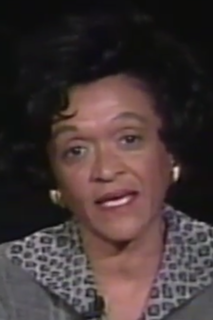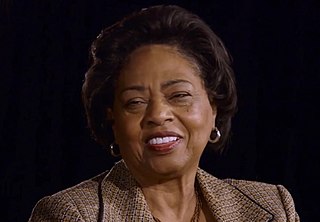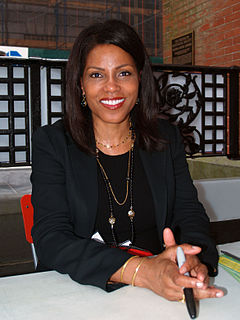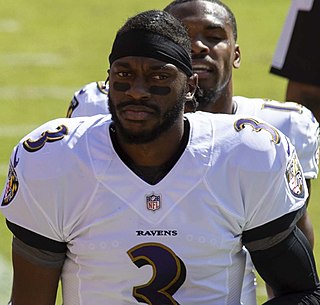A Quote by Stacey Abrams
I grew up hearing my parents' stories about how they had to fight for their right to vote in the Jim Crow South.
Related Quotes
That's one of the biggest losses, I think, to African American families, is that people, once they left, they turned away from the South. They didn't look back, and they often didn't tell their children about it. They didn't want to talk about it. It was too painful, what they'd gone through and the caste system of the South, which was Jim Crow.
People talk about Jim Crow as if it's dead. Jim Crow isn't gone. It's adjusted. Look at the disproportionate sentences meted out to blacks caught up in the criminal justice system. There's a problem when people profit from putting and keeping African Americans in prison. We need to do a better job as a nation understanding the real values the country's built upon in terms of fairness, equality and equal opportunity.
I grew up on a farm and, prior to my father's murder, I wanted to get away from the farm, and away from South Georgia where the Jim Crow laws absolutely controlled anything and everything we did. So, my goal was to leave once I completed high school. But on the night of my father's murder, I made a commitment that I would not leave the South, that I would stay and devote my life to working for change. So, my father's murder has shaped the course of my life even up to this very day.
We started America with the sin of slavery that led right into the post-reconstruction period which was the greatest period of domestic terrorism in our country's history. Then after that, we had Jim Crow emerge and just when the Jim Crow laws were ending came the onslaught of the drug war. Well, the drug war has so perniciously effected, insidiously infected communities of color that in some ways it has come full circle, and we now have more African Americans under criminal supervision than all of the slaves in 1865. This is a profoundly unjust war.































